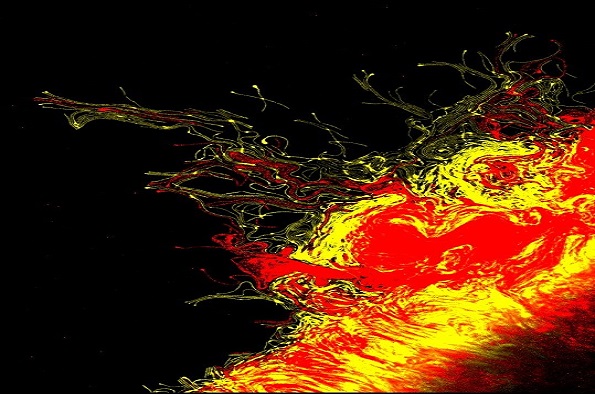
Evolutionary Drivers of Antibiotic Resistance in Pseudomonas Aeruginosa
- Jamie Hall
- Suitable for: Those with an interest in Behaviour, Evolution, Ecology and Microbiology
- Admission: Free
Add this event to my calendar
Click on "Create a calendar file" and your browser will download a .ics file for this event.
Microsoft Outlook: Download the file, double-click it to open it in Outlook, then click on "Save & Close" to save it to your calendar. If that doesn't work go into Outlook, click on the File tab, then on Open & Export, then Open Calendar. Select your .ics file then click on "Save & Close".
Google Calendar: download the file, then go into your calendar. On the left where it says "Other calendars" click on the arrow icon and then click on Import calendar. Click on Browse and select the .ics file, then click on Import.
Apple Calendar: The file may open automatically with an option to save it to your calendar. If not, download the file, then you can either drag it to Calendar or import the file by going to File >Import > Import and choosing the .ics file.
Antibiotic resistance in pathogenic bacteria poses a fundamental threat to human health, and the goal of my research group is to understand the evolutionary processes that drive the rise and fall of resistance. Pseudomonas aeruginosa is an important opportunistic pathogen of humans that evolves resistance to antibiotics at an alarmingly high rate. In his talk, Craig will present results from lab studies and clinical trials where he has tried to understand how selection and antibiotic use impact resistance. The first half of the talk will focus on showing how in vitro experiments and mathematical models suggest that fitness costs of resistance and compensatory evolution interact with antibiotic consumption to maintain resistance. In the second half of his talk, Craig will show how we are testing these insights by doing in-depth phenotypic profiling and genome sequencing on close to 1,000 isolates from a Europe-wide clinical study of Pseudomonas infections in hospitalized patients. The analysis of this data set is ongoing, but Craig will present detailed evolutionary dynamics of resistance during individual infection and broad-scale tests that come from comparing isolates from different hospitals and patients.
